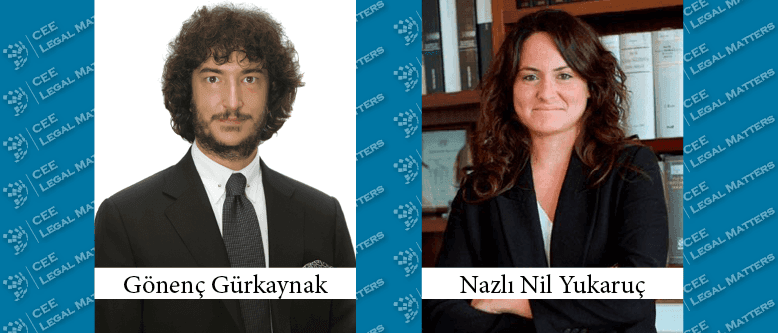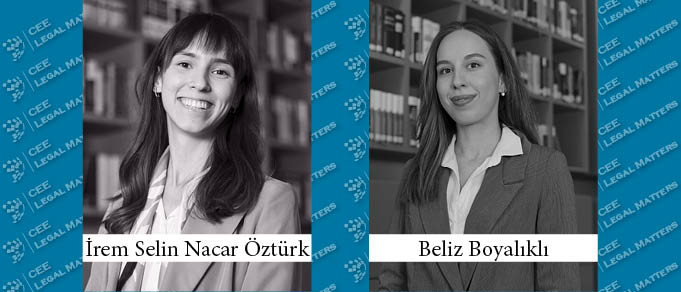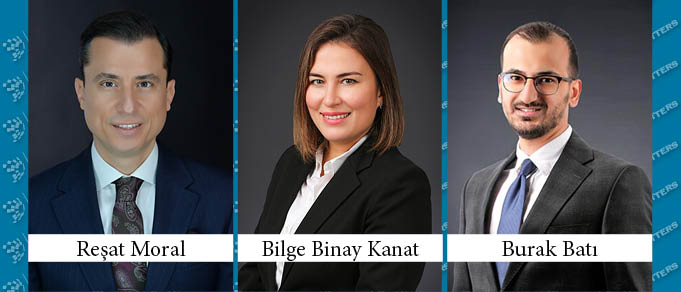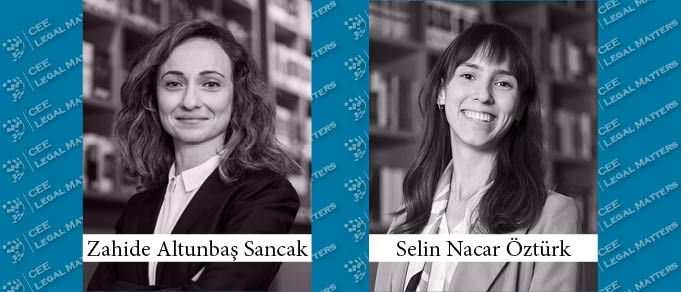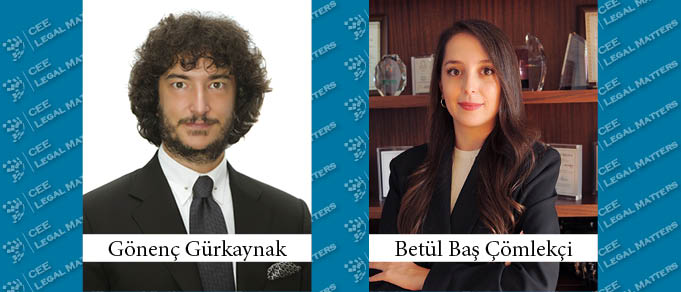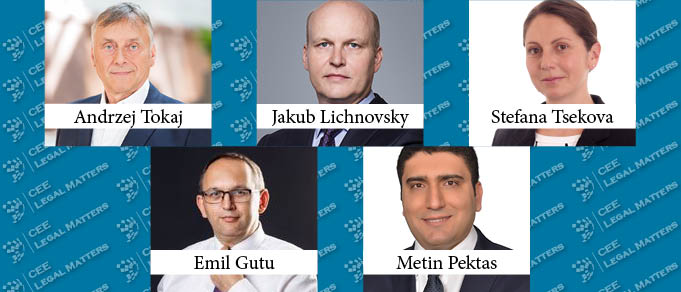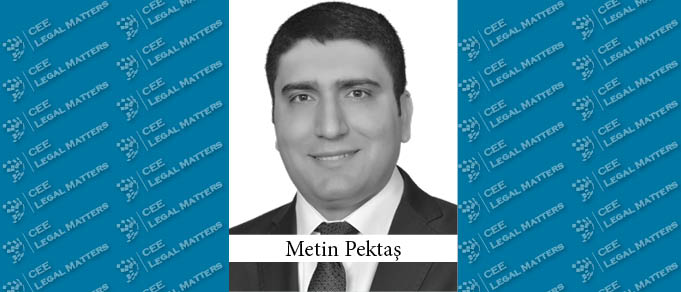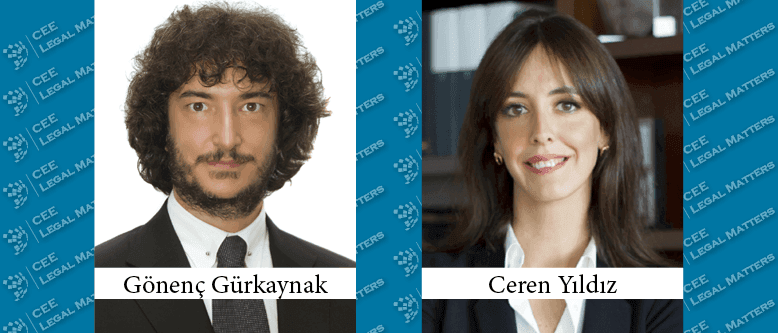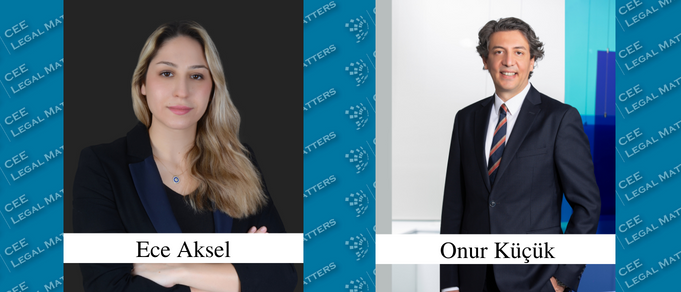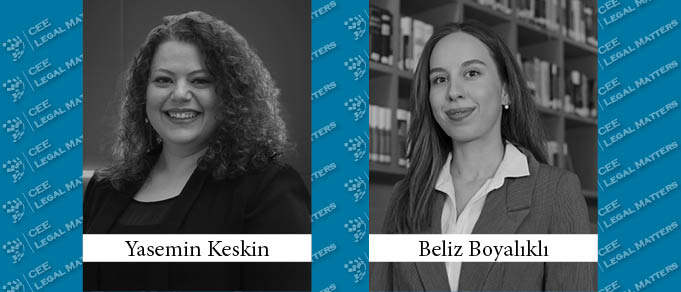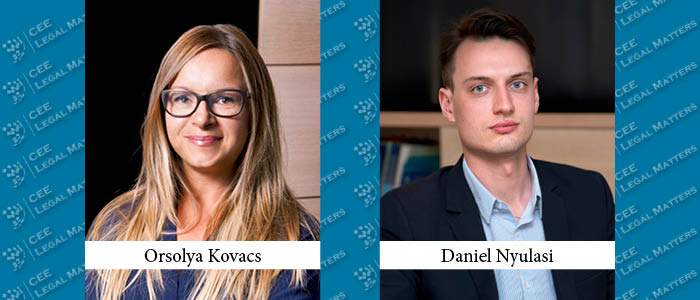Pursuant to Article 1524 of the Turkish Commercial Code (“TCC”) which was enacted in 2012, companies that are subject to independent audit are required to not only set up a website, which then will be registered to the trade registry and announced in the trade registry gazette, but also allocate a certain tab of their website for the necessary announcements required by law, within three months following the registry and announcement of their incorporation. Accordingly, Regulation on the Websites to be Established by Stock Corporations (“Regulation”) was enacted in 2013, to stipulate the principles and procedures regarding the website requirement.
Right to be Forgotten
In today's digital landscape, where all sorts of data can be recorded and removing such is incredibly hard due to rapid and wide information sharing Ii is important that certain records cease to be accessible, especially after a period of time, so that the individual can pursue his/her life freely. In this context, requests to remove the results of searches using a person's first and last name from search engines such as Google have become quite widespread. This article on the right to be forgotten, which forms the basis of these requests, will discuss the ways in which these and similar requests can be made, the criteria according to which applications are/or should be evaluated, and the limits of the right to be forgotten.
A New Era In The Unlicensed Electricity Market
The Regulation on the Amendment ("Amendment Regulation") of the Regulation on Unlicensed Electricity Production in Electricity Market ("Regulation") and the decision of the Energy Market Regulatory Authority numbered 11098 ("Decision") have been published in the Official Gazette dated 11.08.2022 and numbered 31920.
New Environmental Impact Assessment Regulation Entered into Force in Turkey
The Environmental Impact Assessment Regulation ["Regulation"], repealing the previous regulation dated 2014, entered into force upon its publication in the Official Gazette no. 31907 dated 29 July 2022. The new Regulation introduces significant updates within the framework of the "Green Development Goals".
Tirsan Treyler Hires Fatma Ozen Karaca as New Assistant Manager
Fatma Ozen Karaca has joined Tirsan Treyler as an Assistant Manager Legal.
A Decision on Abuse of Dominance: The Turkish Competition Board’s Assessment on the Conflict of Law on Intellectual and Artistic Works Law and the Competition Law in the light of Data Portability Restrictions
The Turkish Competition Authority (“Authority”) has published its Nadirkitap decision in which it evaluated the allegation as to whether Nadirkitap Bilişim ve Reklamcılık AŞ (“Nadirkitap”), a company providing mediation services in the online sale of the second-hand books through its website named www.nadirkitap.com, violated Article 4 of the Law No. 4054 on the Protection of Competition (“Law No. 4054”) by way of hindering the activities of the competitors by way of not providing the data sets of its seller members who wish to market their products through rival intermediary service providers (“Investigation”). Upon its investigation, the Competition Board (“Board”) decided to impose an administrative monetary fine on Nadirkitap.
Turkey: Shareholders’ Borrowing from the Joint Stock Company and Vice Versa
According to Turkish Commercial Code (“TCC”), some companies are defined as equity companies. Joint stock companies are one of these equity companies and are within the scope of "Principle of Maintenance of Share Capital" under TCC. The principle of maintenance of share capital requires full payment of the share capital value committed by the shareholders to the company and accordingly protecting the creditors of the company. In this context, considering that the shareholders already owe the capital payment to the joint stock company, this article will focus on how the shareholders may borrow money from the company and how the company may borrow money from the shareholder.
Round Six: The European Union Ban on Russian Energy Imports
The sixth package of European Union sanctions imposed on Russia is a widely discussed topic, yet the overall levels of preparedness to adopt the associated energy import ban varies from one country to another. Indeed, with Russian oil and gas exports being such a dominant source of energy for a number of European countries, it remains to be seen how all of them adapt to the change. To gain insight into how certain EU member states and non-EU countries are (likely) to fare in the immediate wake of the ban, we reached out to legal professionals from Turkey, Poland, Bulgaria, the Czech Republic, and Moldova.
Turkey: Liberalization of the Electricity Market and the Role of Antitrust Interventions
The Turkish electricity market has been under a liberalization process since 2001. Specific steps had been taken during the 1980s, 1990s, and 2000s but the main amendment to the legal framework for the creation of a competitive electricity market was the enactment of the Electricity Market Act No. 4628, which was brought into force in 2001. As a result, the integrated structure of the electricity market was to be unbundled, following the privatization of distribution activity in accordance with a specific timetable.
Clifford Chance, Ergun, and GKC Partners Advise on Kutahya Integrated Health Campus PPP Project Financing
Clifford Chance has advised the lenders on the EUR 155 million financing of the Kutahya Integrated Health Campus project design, construction, operation, and maintenance under the public-private partnership model. Ergun Law Firm and White & Case's Turkish affiliate GKC Partners advised the sponsor Guris Construction and Engineering.
Cakmak Advises on Re-Pie’s Subscription of Shares in Procenne
Cakmak Attorney Partnership has advised Re-Pie Asset Management Company on its subscription of shares in Procenne.
Turkiye’s New Electronic Commerce Amendments: Compliance Steps to Follow
The Law No. 7416 on Amendment of the Law on Regulation of Electronic Commerce (“Amendment Law”), published in the Official Gazette of July 7, 2022[, introduces new obligations for e-commerce intermediary service providers and e-commerce service providers. Most of the provisions of the Amendment Law will enter into force on January 1, 2023 but the Amendment Law also stipulates different effective dates and transition periods for certain obligations. Amendment Law’s liability regime is tiered in line with the criteria of net transaction volumes and order numbers in a calendar year. E-commerce intermediary service providers and e-commerce service providers under this regime should follow certain compliance steps in due time.
PAE, Abcoo, and GEMS Legal Schindhelm Advise on Egeli Egesan Group’s Sale to Tyrolit
The Pelister Atayilmaz Enkur law office and Abcoo have advised the Egeli Egesan Group and its shareholders on the sale of a 75% stake in the group to Tyrolit. GEMS Legal Schindhelm advised the buyer.
Turunc and Gen Temizer Ozer Advise on Enhencer Investment Round
Turunc has advised Bogazici Ventures on participating in a USD 700,000 investment round into Enhencer. Kinstellar Turkish affiliate Gen Temizer Ozer advised Diffusion Capital Partners on leading the round.
Norton Rose Fulbright, Pekin Bayar Mizrahi, and GKC Partners Advise on IHC’s Acquisition of Kalyon Enerji
Norton Rose Fulbright and its Turkish affiliate Pekin Bayar Mizrahi have advised the International Holding Company on its AED 1.8 billion acquisition of a 50% stake in Kalyon Enerji, via IHC subsidiary International Energy Holding. White & Case's Turkish affiliate GKC Partners advised Kalyon.
Accountability or Not, the Ultimate Question for AI
Today, the futuristic enthusiasm which was created in minds with the term "artificial intelligence" is accompanied by some anxiety for uncertainty. The term "artificial intelligence", about which a wide variety of definitions have already been made, means systems or machines that imitate human intelligence to perform tasks and can gradually improve itself with the information it collects. Autonomous delivery robots that can bring our orders to our home, a chess robot that breaks its opponent's finger in an uncompromising way because of a faulty move, robot surgeons which successfully perform abdominal surgery without any help and many other AI algorithms that can write poetry, produce visual works, and write articles for newspapers…
Erdem & Erdem Advises Acibadem Healthcare Group on Acquisition of Private Orthopedia Hospital
Erdem & Erdem has advised the Acibadem Healthcare Group on its acquisition of the Private Orthopedia Hospital in Adana.
New Decision from BRSA: Turkish Lira Credit Restrictions Have Been Softened
With the Banking Regulatory and Supervisory Authority’s [the “BRSA”] decision numbered 10250 and dated 24 June 2022 [the “Restriction Decision”], TRL borrowing by Companies [“Companies”], other than banks and financial institutions, which are subject to independent audit has become subject to a foreign currency asset [“FX-Asset”] restriction was introduced.

